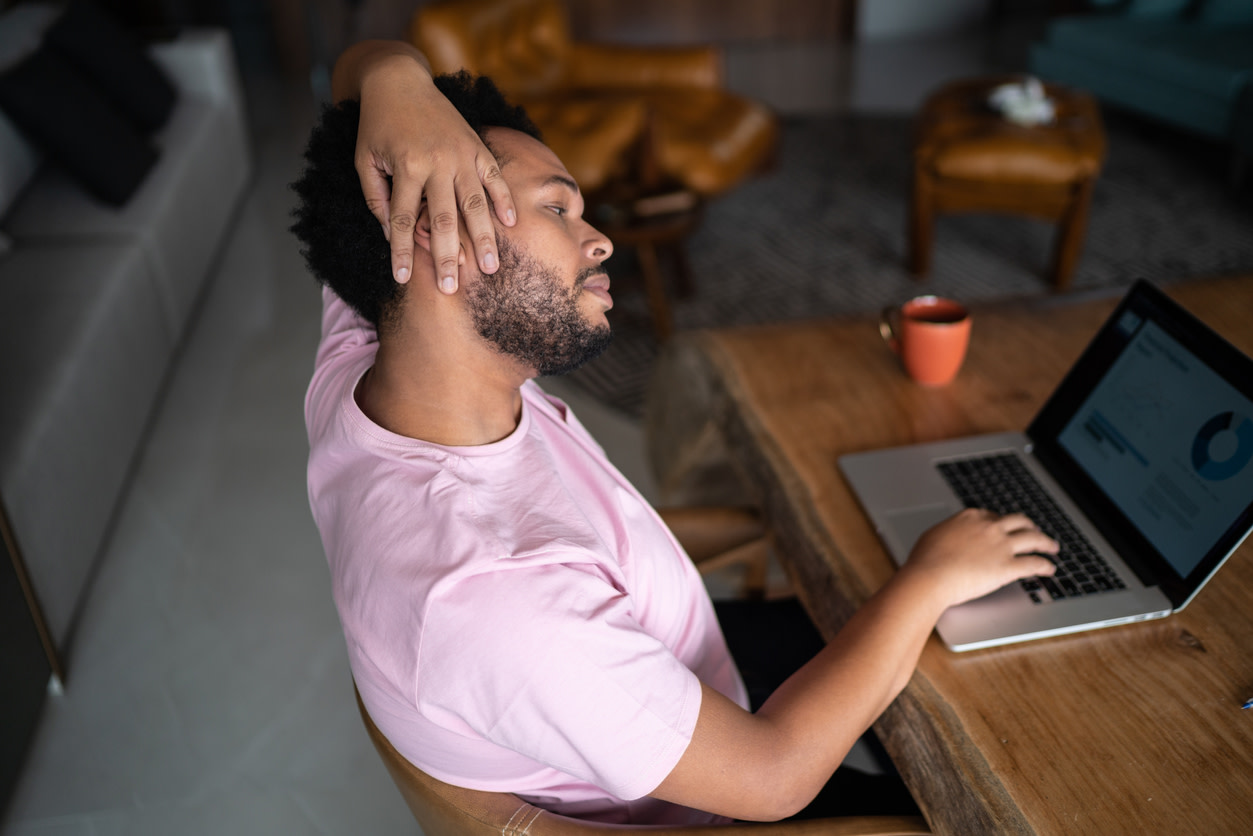Pinched nerve in your neck: best exercises for relief
Learn what a pinched nerve in the neck is and how to treat it, especially with exercises from physical therapists.
0 $ pour vous
Dernière mise à jour : May 7, 2025
Table des matières
Fully covered neck pain relief
Find relief from neck pain, a pinched nerve, tech neck, & more.
Check if I'm eligibleExercises to relieve neck pain
Want expert care? Check if you're covered for our free program →- Chin Tuck
- Open Book Rotation
- Head Tilt
- Scapular Squeezes
- Median Nerve Glide
